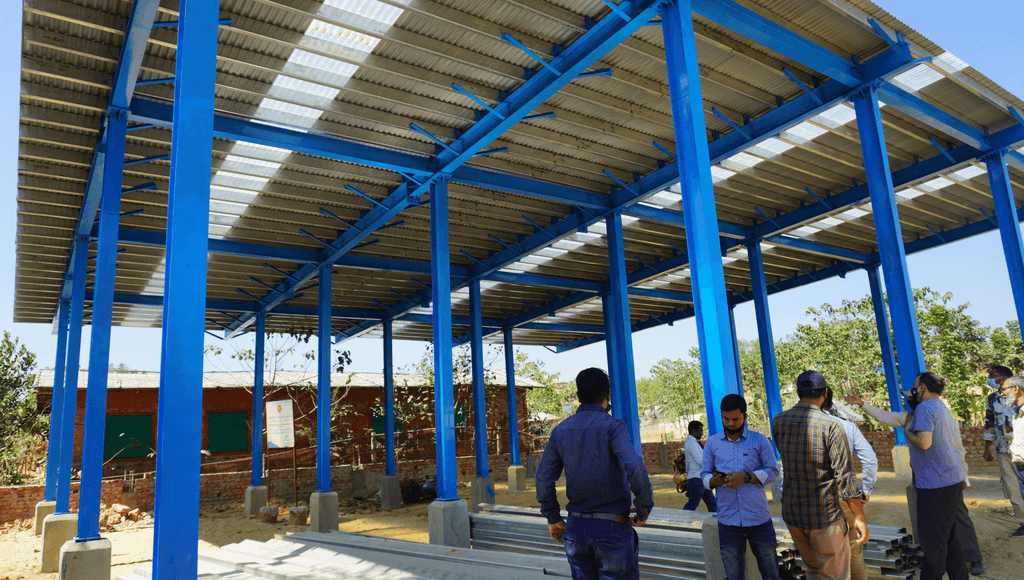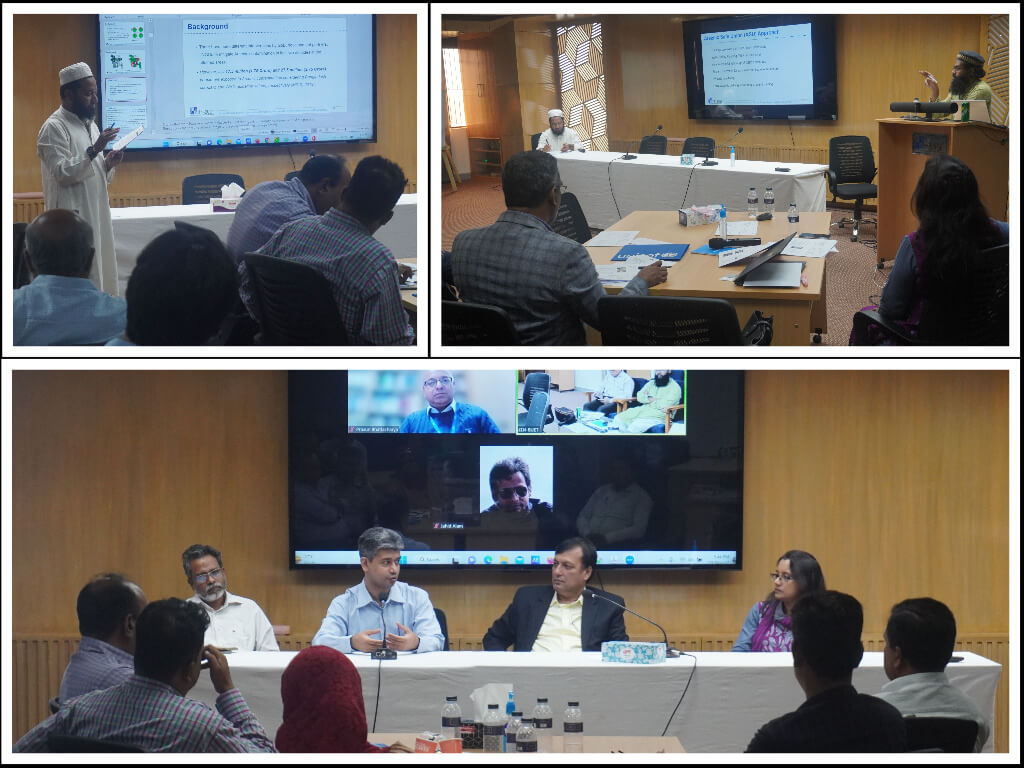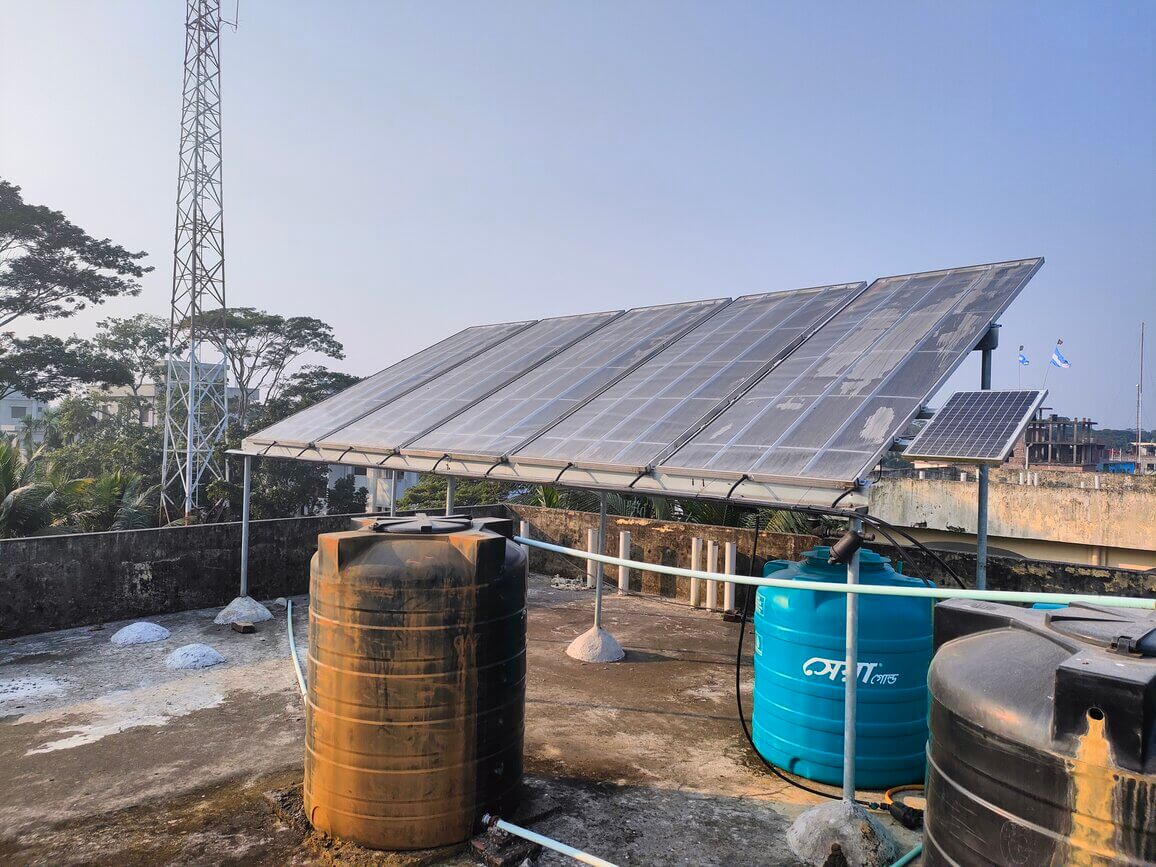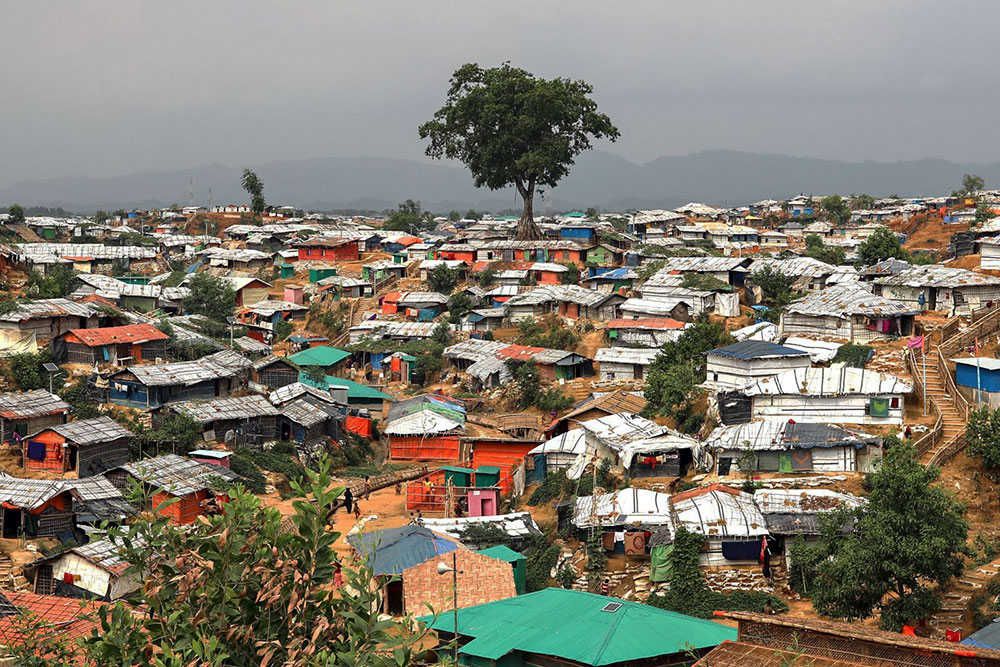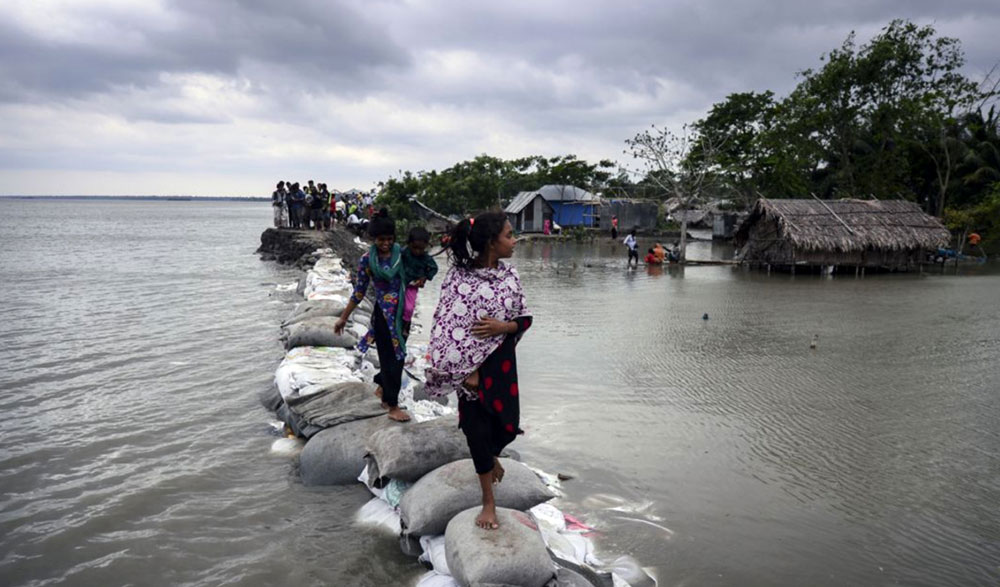Department of Public Health Engineering (DPHE)
EMCRP Capacity Building Project
ITN-BUET assisted in developing and delivering eight training modules for the World Bank-financed Emergency Multi-Sector Rohingya Crisis Response Project, benefiting officials and stakeholders across Cox’s Bazar and other areas.
Capacity Building Training on “Systematic and Scientific Approaches for Targeting Poor and Unserved People in Arsenic Affected Areas for Arsenic Safe Water”
The overall objective of this assignment is to improve the technical capacity of DPHE on arsenic screening and data management, and to use this data for allocating resources and for equity-based site selection through training and knowledge sharing.
December 2022 to February 2023
Performance Evaluation of Water Desalination Systems of Safe Water Supply Project through Environment Friendly Solar Desalination Unit
The prime objective of this assignment is to evaluate the water desalination technology and its efficiency based on users’ feedback at field level and provide recommendations for the further expansion of the interventions.
December 2022 to January 2023
Emergency Multi-Sector Rohingya Crisis Response Project (EMCRP)
The EMCRP of DPHE aims to improve water, sanitation, and hygiene for the DRP population. ITN-BUET is designing and conducting feasibility studies for fecal sludge and solid waste management, including engineering designs and bid document preparation.
June 2019 to December 2020
Training on Facing the Challenges of Climate Change in Water and Sanitation Sector in Bangladesh
DPHE and ITN-BUET organized eight training programs to equip class-1 officers with skills for managing water and sanitation challenges related to climate change. These sessions aimed to enhance disaster management capabilities and ensure effective technological solutions.
March 2014 to June 2014


